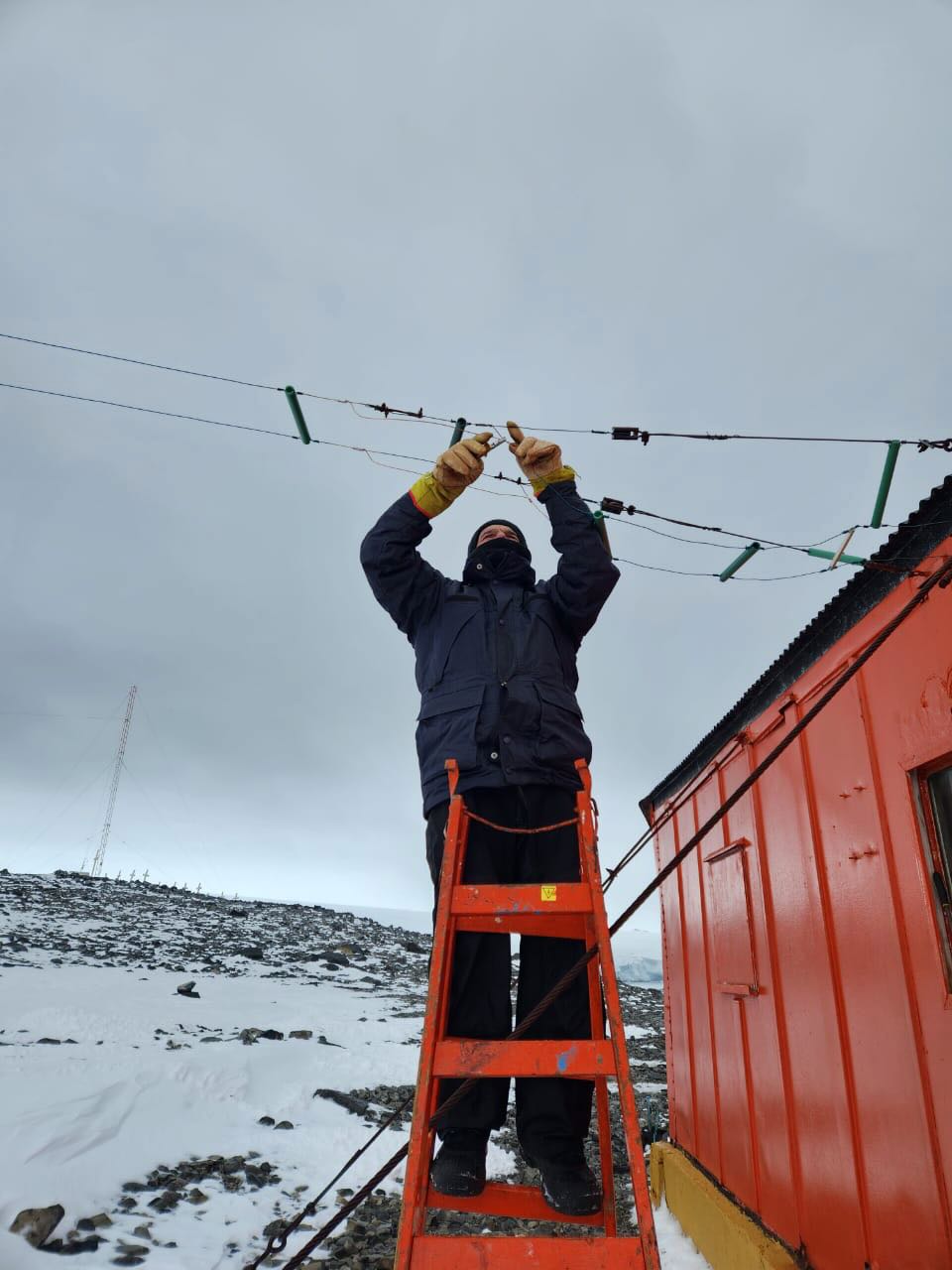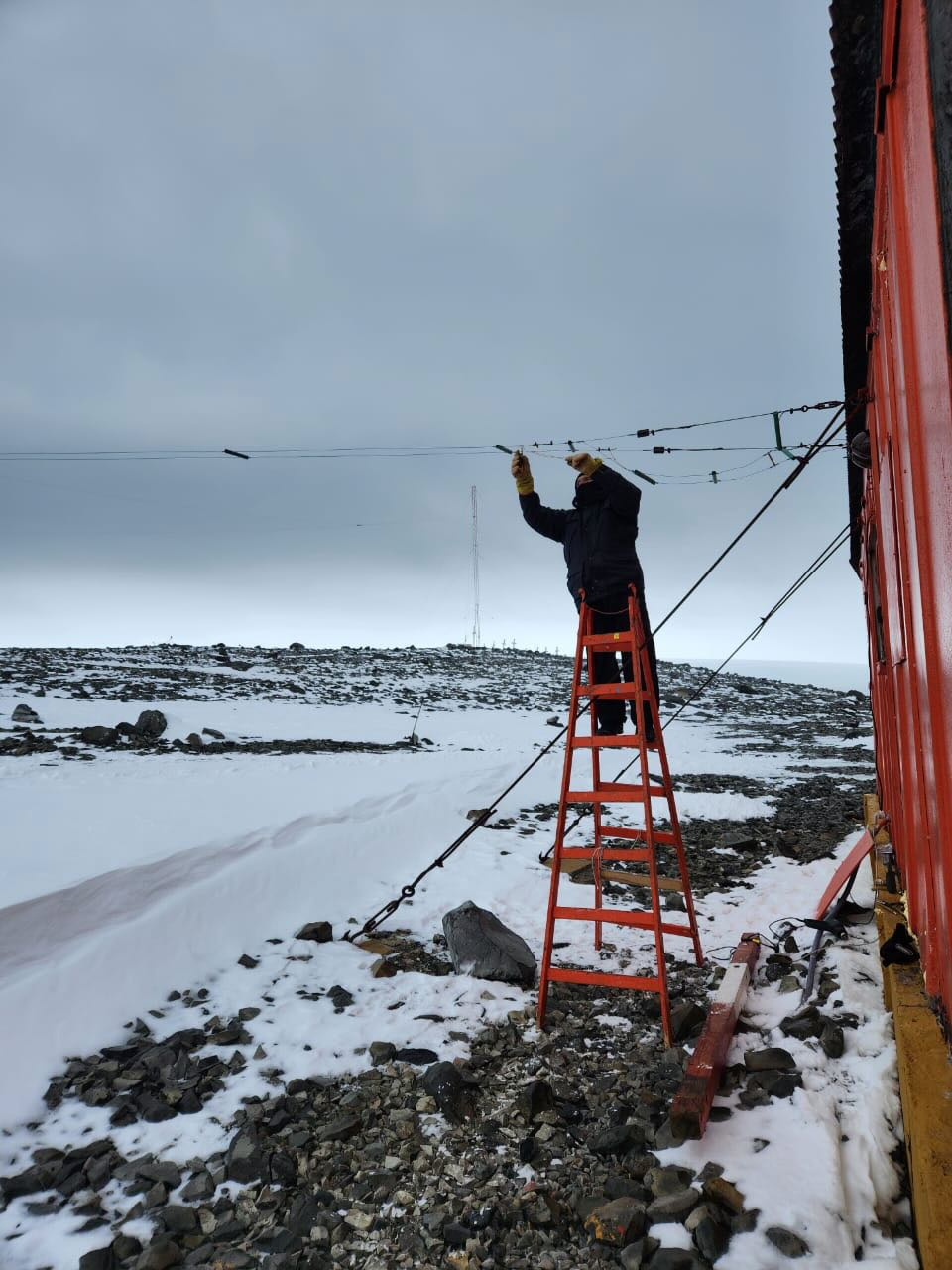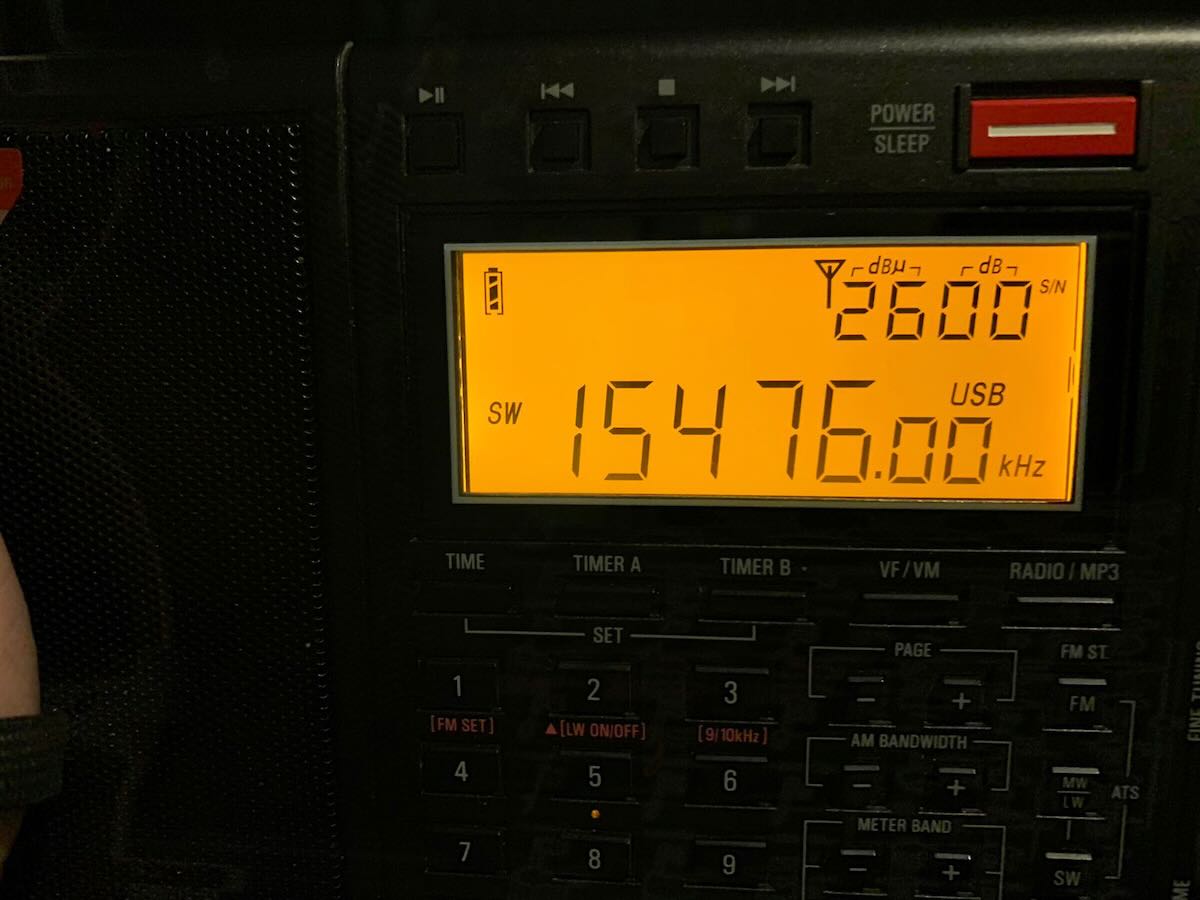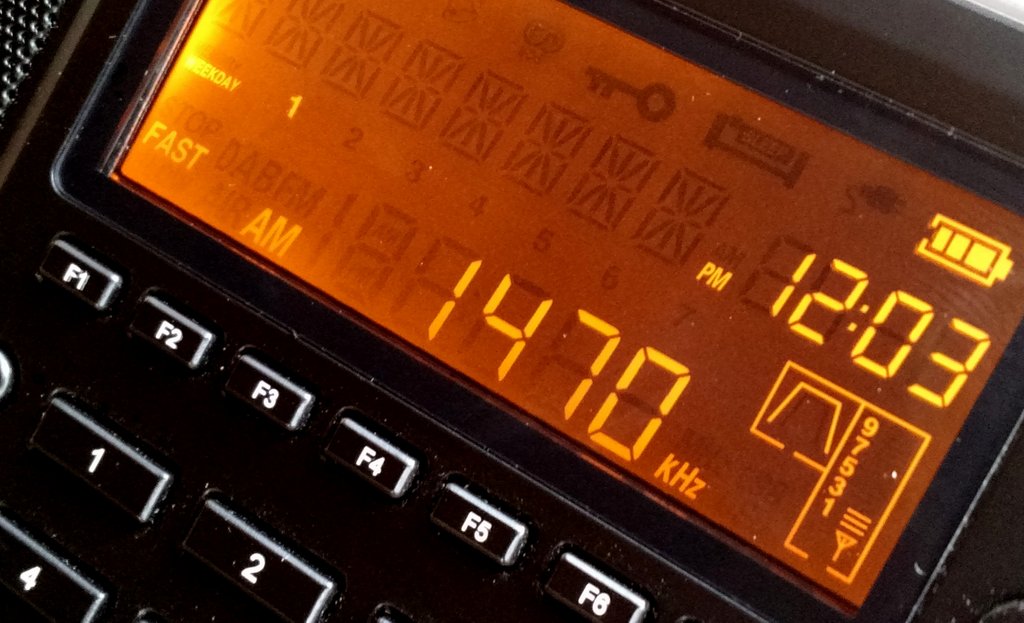
Radio Waves: Stories Making Waves in the World of Radio
Welcome to the SWLing Post’s Radio Waves, a collection of links to interesting stories making waves in the world of radio. Enjoy!
Many thanks to SWLing Post contributors Rich Dalton and Dennis Dura for the following tips:
Is there a bigger buzzkill blog topic than AM radio?
In a an era where digital has transformed radio broadcasting’s content and revenue focus, the last thing anyone wants to talk about in 2023 is lowly AM radio. But like that old drunk uncle who shows up at the reunion, AM is still part of the radio family.
In its heyday, AM ruled the radio roost. It wasn’t until the late 70’s when FM surpassed AM in total listening, and later profitability. Before then, AM was the behemoth. And the biggest and best in class could be magically heard in dozens of states each night. Weather, atmospherics, and bodies of water all factored into AM reception.
Many Baby Boomers vividly recall laying in bed at night, precariously tuning in a faraway AM station carrying a ballgame or even broadcasting progressive music. Or grabbing a portable transistor radio – like the one sitting in our junk drawer – taking it to a sporting event and having a great audio soundtrack from legends like Vin Scully, Ernie Harwell, or Jack Buck. [Continue reading…]
Say the removal of AM radios from cars is “a grave threat to future local, state and federal disaster response and relief efforts”
The laundry list of current and former government officials advocating for the safeguarding of AM radio in electric vehicles continues to grow.
On Feb. 26, seven former leaders of the Federal Emergency Management Agency penned a letter to Secretary Pete Buttigieg of the Department of Transportation advocating for the preservation of the senior band and urging regulators to take action to protect the nation’s public safety.
“Because of the great distances that its signal carries, and due to its resiliency during even the worst natural disasters, the success of the National Public Warning System hinges on the use of AM radio,” the collective of former FEMA leaders wrote. “However, should EV makers continue removing AM radios from their vehicles, this vital public safety system will no longer function as intended.”
The dialogue between automakers and AM advocates has grown signficiantly in recent weeks. As we reported earlier, the Alliance for Automotive Innovation sent a reply to Sen. Ed Markey after he asked individual car companies about their commitment to broadcast AM radio in electric and other future vehicles. In the days following, Markey, the alliance, the National Association of Broadcasters and, now, FEMA officials and and an FCC commissioner have continued a public discourse.[Continue reading…]
Been to a shopping mall lately?
It’s not pretty. Vacancies dot even the most successful malls. The lesser malls feel abandoned, like modern ruins, isolated and scary. One mall near us is so barren, they’ve marked off part of one end and use it for pickleball. Even the mall walkers are gone. If a mall can’t draw mall walkers in South Florida, that’s a harbinger of doom.
The reasons that big indoor malls aren’t thriving anymore aren’t a secret. Habits changed. Tastes changed. People shop online now, or go to discounters like Walmart or Target. Department stores have fallen out of favor. Teens don’t hang out in the food court anymore; they’re congregating on TikTok. What’s left are traditionalist shoppers who want to try stuff on or handle it before buying, or people who want to see stuff in person before firing up the Amazon app and buying it there. Other than Apple stores and a few other chains with loyal customers, there’s not a lot to draw people to the mall anymore, and what’s left is kinda creepy. Some malls are now mostly occupied by local businesses trying to make a go of it, and things like gyms and churches and DMV offices. I got my Florida driver’s license in a half-repurposed mall. It was strange. [Continue reading…]
Radio interference can be a pain to deal with, regardless of whether it’s a rogue baby monitor interrupting your Wi-Fi or a stadium full of smartphone signals drowning each other out.
However, brainiacs at MIT say they’ve developed a radio chip that can see through the noisiest RF hellscape by actively blocking unwanted frequencies before they can scramble messages.
The chip was developed to address the growing challenges associated with 5G and other wireless communications standards. It takes inspiration from several adjacent domains – including digital signal processing and applied electronics – explained Negar Reiskarimian, assistant professor of electrical engineering and computer science at MIT.
The work, presented at the International Solid-State Circuits Conference (ISSCC) last week and detailed in a recent blog post, combines a number of existing technologies into a novel radio chip, which researchers say can contend with RF interference 40 times higher than existing wideband receivers. What’s more, they say the method doesn’t require large, bulky filtering equipment.
Even in its current development stage, the chip is small enough – just 0.65mm square – for use in mobile devices, according to Reiskarimian and Soroush Araei, an MIT grad student working on the project. And while 5G is highlighted as a potential application for radios based on the design, they note there’s no reason it can’t be used for other wireless signals like Wi-Fi. [Continue reading…]
Do you enjoy the SWLing Post?
Please consider supporting us via Patreon or our Coffee Fund!
Your support makes articles like this one possible. Thank you!

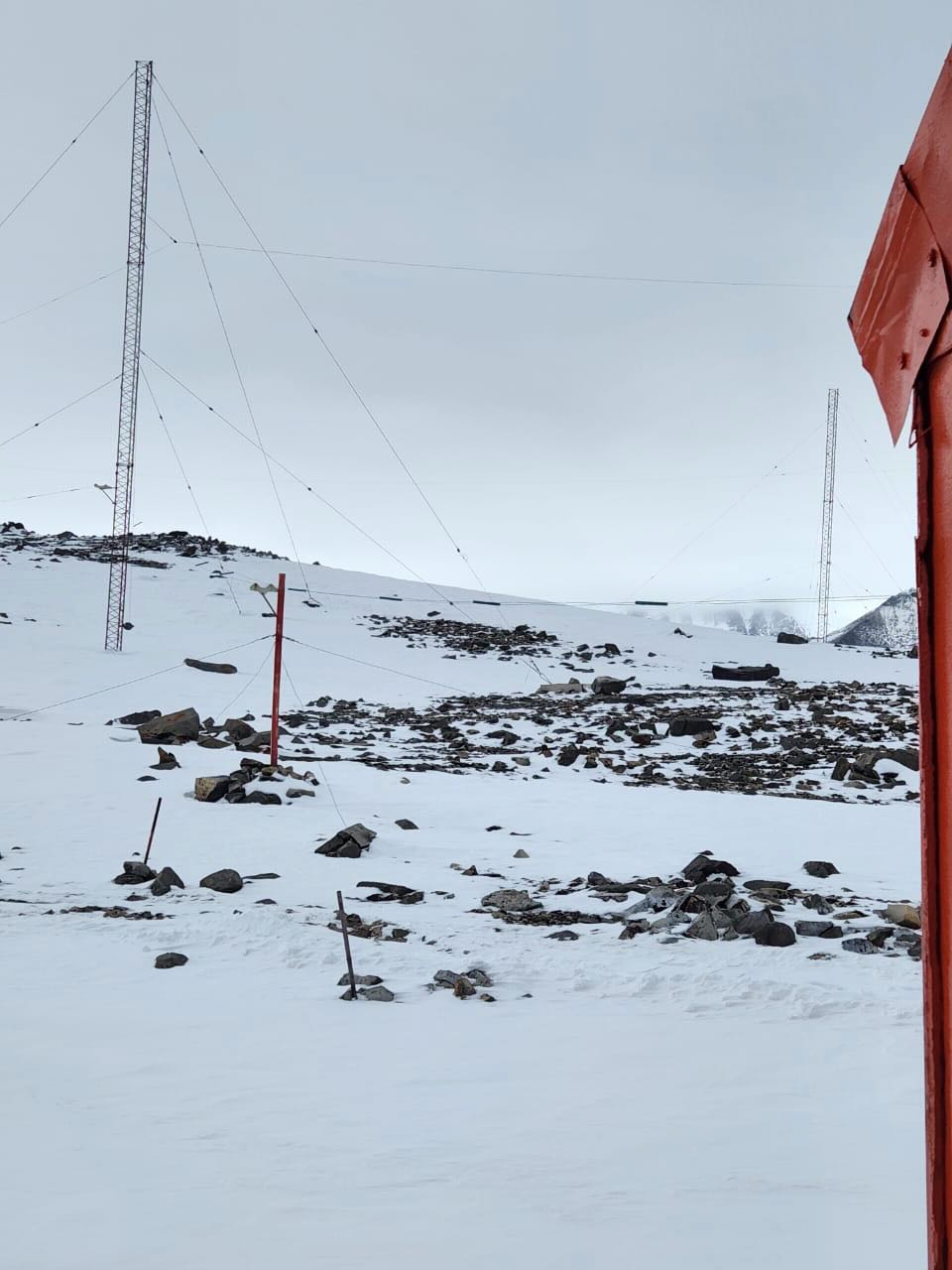 Many thanks to SWLing Post contributor, Adrian Korol, who shares the following details for the next two LRA 36 test broadcasts. Note that the first one is later today (Wed, Mar 1):
Many thanks to SWLing Post contributor, Adrian Korol, who shares the following details for the next two LRA 36 test broadcasts. Note that the first one is later today (Wed, Mar 1):
